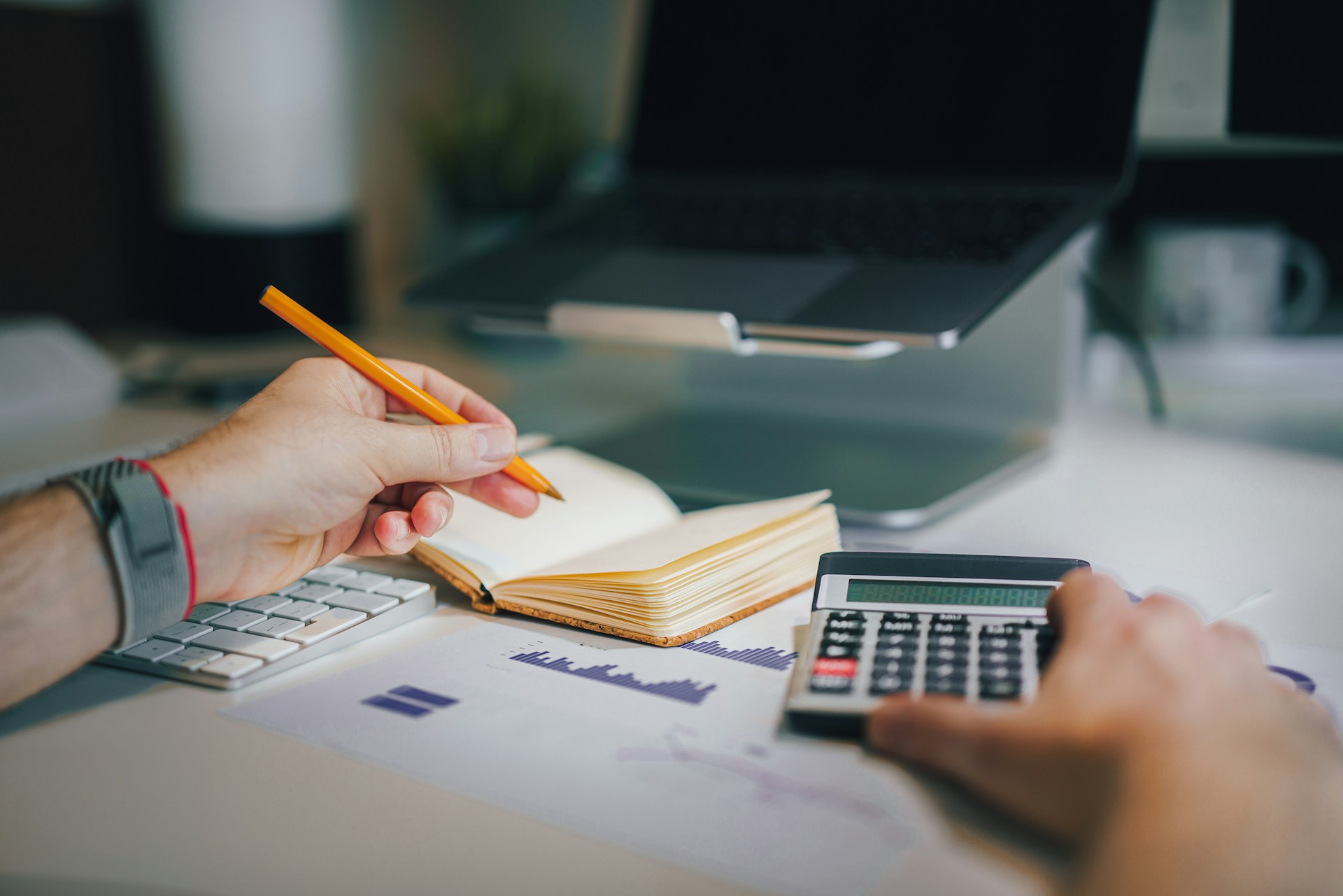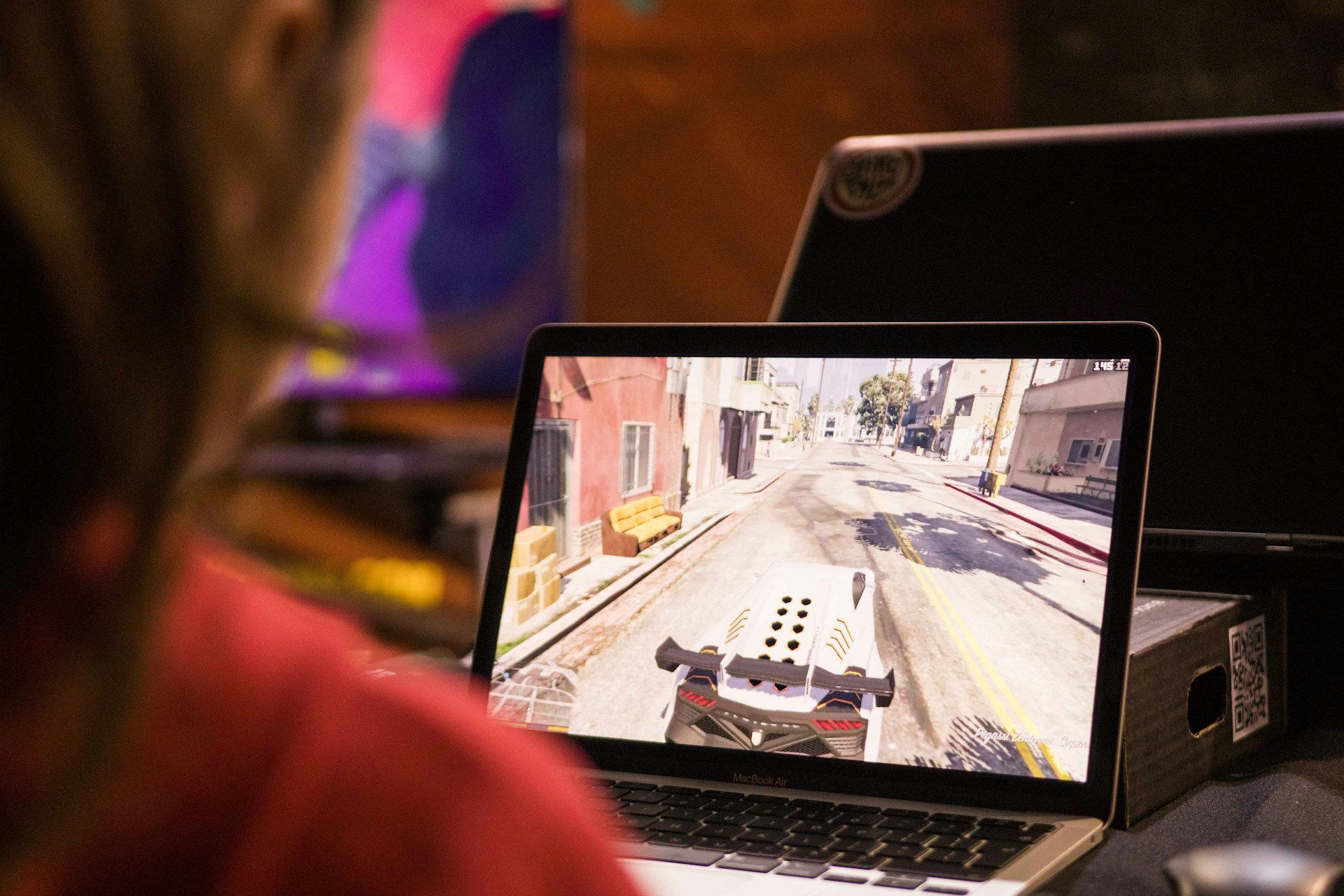Starting a vending machine business is an attractive venture for many entrepreneurs, offering flexibility, scalability, and the potential for passive income. However, like any business, its success hinges on thorough planning and a clear understanding of the initial financial outlay. This guide provides a complete breakdown of vending machine business startup costs, equipping you with the knowledge to create a realistic budget and set your business up for success
Understanding Vending Machine Business Startup Costs
The cost to start a vending machine business is relatively low compared to most brick-and-mortar enterprises, but it's not insignificant. A clear grasp of these expenses is crucial for several reasons: it prevents unexpected financial shortfalls, helps you secure financing if needed, and allows you to accurately calculate your potential return on investment (ROI). Your total vending machine startup expenses will be a combination of one-time initial investments and recurring operational costs.
Initial Investment: Buying Your First Vending Machines
The purchase of vending machines is your primary startup expense. Costs vary significantly based on type, features, and condition.
New vs. Used Machines
New machines range from $3,000 to $15,000+, offering warranties and modern features like cashless payments. Used machines cost $1,000–$6,000, reducing initial investment but potentially increasing maintenance needs.
Cost by Machine Type
- Snack/Drink Machines: Most common. Used: $1,200–$4,000. New: $3,500–$9,000.
- Soda/Can Machines: Often more affordable. Used: $1,000–$2,500. New: $3,500–$6,000.
- Specialty Machines: (Coffee, fresh food). New: $7,000–$15,000+.
Key Pricing Factors
Four main factors influence cost:
1. Technology: Cashless payment systems significantly increase price.
2. Capacity: Larger machines cost more.
3. Condition: Refurbished units cost more than "as-is" machines.
4. Brand: Established brands command higher prices for reliability.
Budgeting Advice
Always factor in delivery, installation, and a 10-15% buffer for initial repairs or upgrades beyond the machine's purchase price
Additional Equipment and Supplies
Beyond the machine itself, essential startup purchases include inventory, storage, and operational tools. These are critical for day-one functionality and contribute significantly to your total startup cost.
Initial Inventory Stock
Your first product purchase is a required upfront cost. Budget $200-$500 per machine to fill it completely. This initial outlay is recurring as you restock, but it is a key part of the startup investment.
Storage and Transportation
- Storage: Shelving and space for extra inventory is necessary, adding an estimated $100-$300.
- Transportation: A reliable vehicle (van/SUV) is non-negotiable for deliveries. A heavy-duty hand truck/dolly ($100-$300) is an absolute essential for moving machines.
Payment Systems
While often built-in, standalone credit card readers may be required for older machines. These systems boost sales but add cost and incur ongoing transaction fees (2-3% per sale).
Business Operation Tools
Allocate funds for foundational business items: company registration fees, a dedicated business bank account, and basic accounting software. These ensure legal and financial organization from the start
Licensing, Permits, and Insurance
Operating a vending business legally requires specific licenses and insurance. These are non-negotiable costs that protect you and ensure regulatory compliance.
Required Licenses and Permits
Costs vary by location but typically include:
- A general Business License ($50 - $150).
- A Sales Tax Permit/Vendor's License (often low-cost or free) to collect and remit sales tax.
- A Health Department Permit ($100 - $500) if selling perishable food items.
Essential Business Insurance
General Liability Insurance ($40 - $100/month) is critical. It protects your business from financial loss if a customer claims injury from your machine or a product, covering legal fees and settlements.
Why These Costs Matter
These are foundational, recurring expenses. Skipping proper licensing risks fines and closure, while operating without insurance exposes your personal assets to significant liability.
Location and Placement Fees
Securing a profitable location is crucial and often comes with a direct cost that impacts your startup budget and ongoing profitability.
Types of Location Agreements
There are three common financial arrangements for placing a machine:
- Free Placement: The property owner allows placement at no cost for the convenience it provides.
- Commission: You pay the location a percentage of your monthly sales (typically 5% - 15%). This is the most common arrangement.
- Flat Rental Fee: You pay a fixed monthly rent for the space (e.g., $50 - $200 per month).
Impact on Startup Costs
While often an ongoing expense, a placement fee can sometimes be an upfront startup cost. You may need to pay a one-time placement fee or security deposit to secure a high-traffic, prime location.
Why Location Costs Matter
A prime location with high foot traffic dramatically increases sales potential, often justifying a commission fee. This cost must be factored into your financial projections to accurately calculate your net profit and return on investment.
Ongoing Expenses to Consider
A successful vending business requires planning for recurring operational costs beyond the initial startup investment. Factoring these into your initial financial model is essential for accurately forecasting profitability.
Product Restocking
This is your largest and most frequent ongoing expense. You must continually purchase inventory to refill your machines. The cost fluctuates based on sales volume and product type.
Machine Maintenance & Repairs
Allocate a monthly fund ($25 - $50+ per machine) for unexpected breakdowns, part replacements, and routine servicing to ensure machines remain operational.
Transaction & Payment Processing Fees
For machines with cashless systems, a processor charges a fee (2% - 4%) on every credit/debit card sale. This is deducted from your revenue.
Transportation & Fuel
Regular route driving for restocking and service incurs consistent costs for fuel, vehicle maintenance, and insurance.
Other Recurring Costs
- Phone Bill: A data plan for machines with wireless inventory monitoring.
- Liability Insurance: A recurring premium for policy renewal.
- Location Commissions: Ongoing payments to property owners (percentage of sales or flat fee).
Budgeting Impact
These operational expenses directly reduce your net profit. They must be subtracted from your gross sales to determine true earnings. A common mistake is to only budget for startup costs without projecting these ongoing outflows, leading to inaccurate cash flow projection.
The commission rate you agree to pay is a direct result of your strategy for choosing vending machine locations, as high-traffic venues can command a higher percentage of your sales.
FAQs
1. What are the typical startup costs for a vending machine business?
Typical startup costs range from $3,000–$10,000+ for 1–3 machines. This covers purchasing equipment, initial inventory, necessary licenses, and essential tools like a hand truck for transportation and setup.
2. How much does a vending machine cost to buy?
Used machines cost $1,000–$6,000; new ones range from $3,000–$15,000+. Pricing depends on machine type, capacity, and features like cashless payments or remote monitoring technology.
3. Are there hidden costs in starting a vending machine business?
Yes. Hidden costs include business registration fees, fuel and vehicle upkeep, credit card processing fees (2–4% per sale), and setting aside funds for unexpected repairs or maintenance.
4. What licenses or permits are required for vending machines?
Typically, a Business License and Sales Tax Permit are required. If selling food, a Health Department Permit is also necessary. Requirements vary by state and local regulations.
5. How do location and placement fees affect startup costs?
Placement fees may include one-time security deposits or commissions (5–15% of sales). Prime locations often require financial agreements, adding to initial costs or reducing ongoing profit margins.
6. What ongoing expenses should new vending machine business owners anticipate?
Ongoing costs include inventory restocking, location commissions, machine maintenance, fuel for routes, and transaction fees for cashless payments. These recurring expenses directly impact net profitability.
7. Is buying a used vending machine a good way to save on startup costs?
Yes, buying used significantly reduces initial costs. However, it may lead to higher maintenance needs and lack modern features like cashless payments, which could affect sales potential.
Conclusion: Your Path to Vending Success Starts with Planning
Starting a vending machine business offers a flexible, scalable opportunity with a relatively low entry cost compared to other ventures. Success hinges on thorough research, precise budgeting for both obvious and hidden expenses, and strategic decisions like choosing between new or used equipment. By accounting for all startup and ongoing costs—from permits and machines to location fees and maintenance—you lay a solid foundation for profitability. Take the first step today by creating a detailed business plan, and you’ll be well on your way to building a resilient and rewarding vending business. Before purchasing your first machine, investing time into a detailed vending machine business plan is the most effective way to mitigate risk and ensure your venture is profitable from the start.










